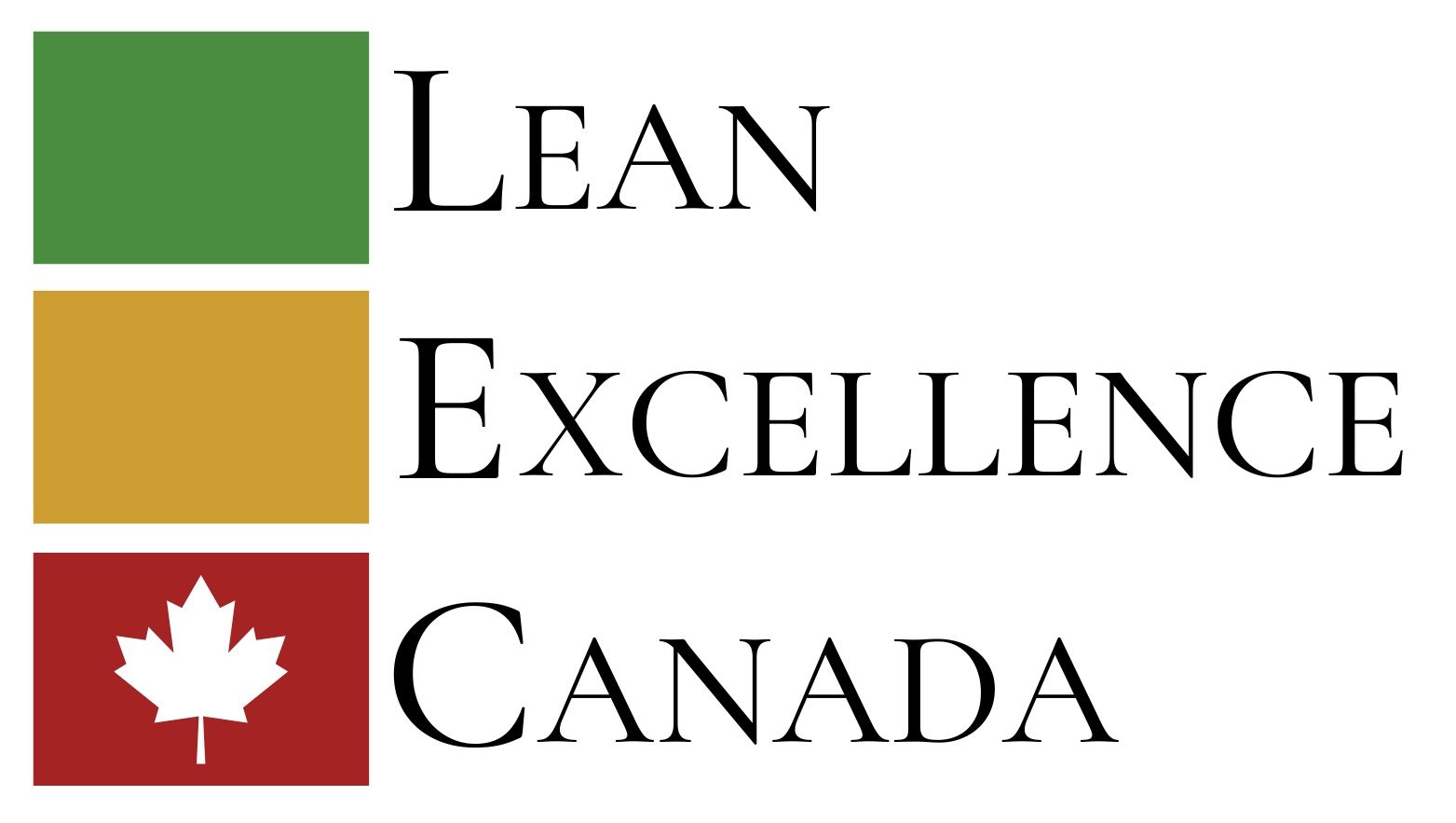Which Lean Six Sigma Certification is Best for Canadian Professionals?
Lean Six Sigma certification has become a crucial qualification for professionals across Canadian industries. Companies actively seek certified practitioners to improve their operational efficiency and reduce costs. The right certification can significantly impact career growth and earning potential in quality management, process improvement, and operational excellence roles.
Professional certifications range from Yellow Belt to Master Black Belt, each representing different expertise levels and responsibilities. Leading certification organizations offer various programs recognized by Canadian employers. This guide examines the most respected Lean Six Sigma certifications in Canada, certification requirements, and factors to consider when choosing a certification program that aligns with your career goals.
Top Lean Six Sigma Certifications in Canada
Several respected organizations offer Lean Six Sigma certification in Canada, with ASQ and IASSC standing as the most recognized certification bodies. ASQ certification is widely considered the gold standard, particularly because it requires documented project leadership experience starting at the Green Belt level.
The International Association for Six Sigma Certification (IASSC) provides globally recognized certifications at three main levels:
- Yellow Belt – Foundational methodology knowledge (60-question exam)
- Green Belt – Core to advanced elements (100-question exam)
- Black Belt – Advanced methodology mastery (150-question exam)
Third-party certifications, like those from ASQ and IASSC, carry significant weight with Canadian employers as they demonstrate independent validation of skills. These certifications follow international standards, including ISO18404 and ISO13053, ensuring consistency in quality and recognition.
University-based certifications also hold substantial value in the Canadian market. Institutions like the University of Windsor offer accredited Lean Six Sigma programs recognized by The Council for Six Sigma Certification. These programs combine academic rigor with practical application, meeting strict requirements for course completion hours and comprehensive coverage of Six Sigma methodologies.
For professionals seeking certification, it’s worth noting that IASSC certifications are recognized perpetually, though they maintain a “Current” status for three years under their recertification policy. This provides flexibility while ensuring practitioners stay updated with current methodologies.
Certification Levels and Requirements
The Lean Six Sigma certification pathway consists of progressive levels, each requiring specific qualifications and demonstrating increasing expertise. The certification hierarchy includes:
- White Belt: Entry-level certification requiring no prerequisites, with a 70% passing score requirement
- Yellow Belt: Foundational certification focusing on basic tools and methodologies
- Green Belt: Intermediate level requiring 70% exam score, ideal for project team members
- Black Belt: Advanced certification demanding comprehensive knowledge and typically requiring previous Green Belt certification
- Master Black Belt: Expert level requiring minimum 4 years of Black Belt experience and project completion
Each certification level builds upon the previous, with increasing complexity in requirements. For instance, Black Belt certification typically requires completing a significant improvement project, while Master Black Belt candidates must demonstrate leadership in multiple projects and mentor other belt holders.
Exam requirements vary by level, with most certifications requiring a minimum passing score of 70%. While White and Yellow Belt certifications focus on theoretical knowledge, Green Belt and above typically include practical project requirements. Most certifications remain valid indefinitely, though some organizations recommend renewal every three years to maintain “Current” status.
The median salary ranges reflect the progression, with Green Belt holders earning approximately CAD 132,000 annually, while Black Belt certified professionals command upwards of CAD 166,000.
Industry Recognition and Employer Preferences
The widespread adoption of Lean Six Sigma methodology across Canadian industries demonstrates its significant impact on business improvement. Research indicates that 53% of Fortune 500 companies implement Six Sigma, with the methodology saving organizations over CAD 555.20 billion collectively.
Lean Six Sigma has gained particular recognition in:
- Manufacturing and automotive sectors
- Healthcare institutions
- Financial services
- Technology companies
- Government organizations
While certification source matters, employers primarily value practical application skills. Third-party certifications from independent organizations carry the most weight in the Canadian job market, as they provide unbiased validation of candidates’ capabilities. Companies like Amazon, Dell, and Ford Motor Company actively seek professionals with verified Lean Six Sigma expertise.
Most successful organizations now require their managers to possess at least Green Belt certification, viewing it as essential for driving continuous improvement initiatives. Beyond certification alone, employers emphasize the importance of demonstrated project experience and the ability to apply Lean Six Sigma tools in real-world scenarios. This practical experience, combined with recognized certification, positions professionals favorably in Canada’s competitive job market.
Choosing the Right Certification Program
Selecting the right certification program requires careful consideration of multiple factors that align with your professional goals and learning preferences. The choice between online and in-person training can significantly impact your learning experience and success rate.
When evaluating certification programs, consider these essential factors:
- Program flexibility and accessibility
- Examination format and preparation resources
- Post-certification support and networking opportunities
- Training provider’s reputation and track record
- Total investment, including training materials and exam fees
The time commitment varies significantly between programs, with online self-paced options typically offering greater flexibility. While some providers promise quick certification, quality programs usually require adequate time for thorough understanding and practical application of concepts.
Financial Investment
Pricing for Lean Six Sigma certification can vary widely:
- White Belt: Ranges from CAD 200 to CAD 500 per person
- Yellow Belt: Ranges from CAD 300 to CAD 4,000 depending on the provider
- Green Belt: Ranges from CAD 1,000 to CAD 8,000
- Black Belt: Starts at CAD 8,000, with some programs reaching as high as CAD 20,000
Consider the long-term value rather than just the initial cost, as some programs offer additional benefits like free study materials and exam retakes.
Look for programs that provide comprehensive study materials and post-certification support. Quality training providers should offer access to practice exams, mentorship opportunities, and ongoing professional development resources. This support becomes particularly valuable when pursuing advanced certifications like Black Belt or Master Black Belt levels.
Conclusion
Lean Six Sigma certification stands as a powerful credential for professionals seeking career advancement in Canada’s competitive business landscape. The choice between ASQ, IASSC, and university-based programs affects long-term career prospects, with each certification level opening new opportunities for growth and increased earning potential. Canadian employers place significant value on certified practitioners who demonstrate both theoretical knowledge and practical implementation skills, making certification an essential step for quality management professionals.
Success in Lean Six Sigma certification requires careful evaluation of program features, including examination requirements, support resources, and investment costs. Professional development through certification yields substantial returns, as evidenced by the salary ranges from Green Belt (CAD 132,000) to Black Belt (CAD 166,000) levels. Organizations across manufacturing, healthcare, and financial services continue to seek qualified practitioners, making Lean Six Sigma certification a valuable asset for career advancement in Canada’s evolving business environment.
Contact Us
If you’re ready to take the next step in your Lean Six Sigma journey or have questions about the right certification program for you, don’t hesitate to reach out. Our team is here to help guide you through the process and ensure you make the best choice for your career goals. Contact us today to learn more about our programs and find the perfect fit for your professional development!


